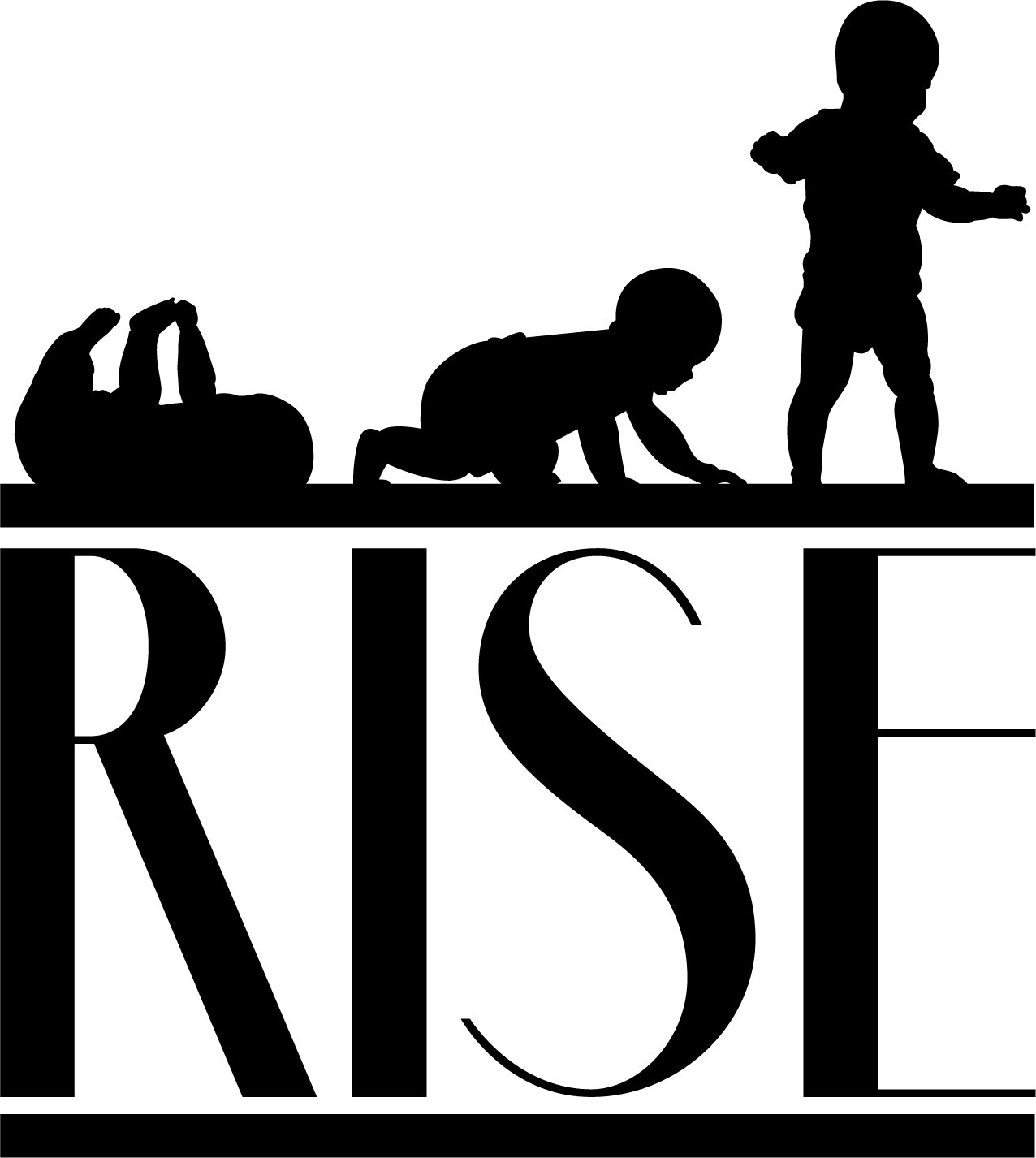Becoming a toddler and parenting a toddler is both exciting and exhausting! Your child is starting to look outside himself - running or crawling away, instead of toward you and exploring items that were once unreachable. In 1, 2, 3…The Toddler Years: A Practical Guide for Parents and Caregivers they describe this phase of life “as the in between space between infancy and the independent child, but it is a vital space where they work through challenges, make discoveries about who they are and how the world works.” Although growth is slowing, this is a time of great change - new emotions, new skills, and new independence!!!
One of the great challenges of this age is when the need for “discipline” seems to slap you in the face! This is when I often get the most calls and hear, “How do I discipline my child?” or with guilt they might say “I don’t like this child right now.” Parents also find that their buttons get pushed (you know become heated, uneasy, frustrated by your child). The Circle of Security calls it your Shark Music. One example they use is when your child will not leave the playground and starts to cry. Are you triggered? What happened when you cried as a child? Were you allowed? (I know it’s heavy stuff and why I find parenting is SO hard)
Another triggering moment is when your toddler says NO. I don’t know about you, but when I was growing up you did NOT say no to any adults, and definitely not your parents. But what message are we sending to a child when they can’t say no? Is there a certain age when they can? How will they know? Many relate the need for a child to say no with the importance of having agency. Agency over your body, having an appropriate sense of power (versus feeling powerlessness), and a sense of respect and control over one’s self. If they haven’t practiced saying no as a child, will they be able to say no to someone that is bullying them, or to a girlfriend, boyfriend, partner, or boss?
I know it’s hard to hear the word no from your toddler, but it is needed now as they are finding their independence and later to support their sense of self-worth and appropriate power and control. Now you may be wondering…What the hell do I do then? One way to make it through these moments is to not ask yes/no questions and offer choices instead. This works beautifully in most cases if you do not waiver (boundaries = safety).
Here’s some examples of choices versus yes/no questions:
At snack… Instead of “Do you want an apple?”, You might say, “Do you want an orange or apple?” (and if you only have apples offer two different apples)
In the morning: Instead of “What do you want to wear?” or “Here are your clothes.” You might say, “Do you want the blue dress or pink dress?”
Leaving the house: Instead of, “Are you ready to go to the car?” You might say, “Do you want to walk or run to the car?”
Getting in the car seat: Instead of “Will you get in your seat?” or “Get in your seat?” You might say, “Do you want to to make the left side click on the right side?
You get the idea. Children (as well as adults) need to feel power and control over their lives. When the power is taken away the child will seek power in other ways at other times, and usually in ways we would rather them not. Think about it… You are talking to your spouse, co-worker, or friend and they just said something that made you feel small (that is your loss of power). What do you do? You get the power back!! You may call another friend, talk to another co-worker, or your spouse and share your horrible story and when they relate or empathize your power is back!! Child need the same.
So offer choices and empathize when you cannot (ie: you really wanted a pear) … and celebrate the “No” because you are giving them voice, power, and control and we all need that!
Want to learn more? Register for our workshop Discipline at Home and School coming this Spring!

